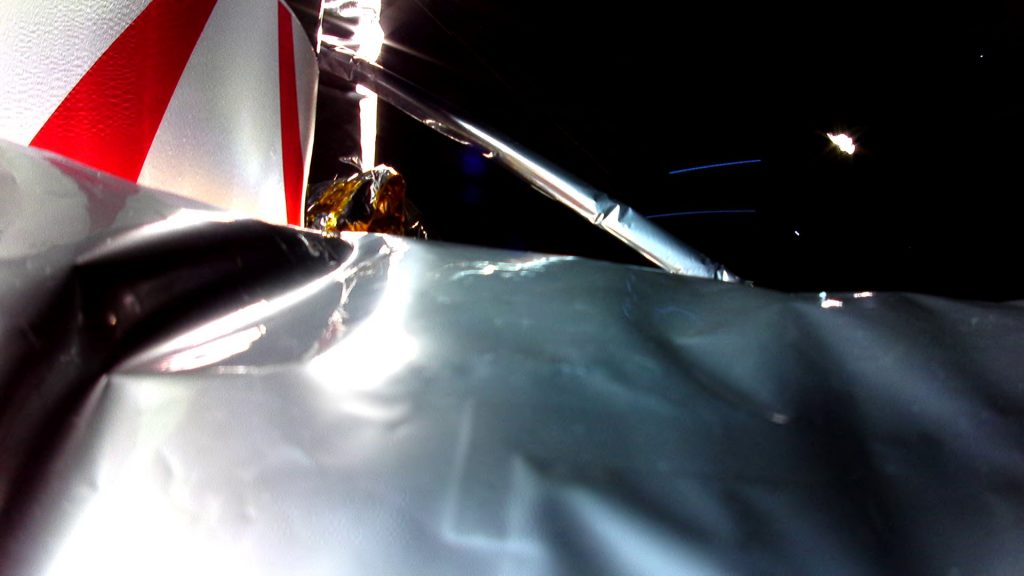New York: The US’ first fully private spacecraft that aimed to put America back to the lunar terrain after about 50 year, “will not” make the historic landing on the Moon, the company has announced.
Pittsburgh-based Astrobotic Technology’s Peregrine lunar l which lifted off January 8 suffered an “anomaly”, and the officials found a critical loss of propellant due to “the failure within the propulsion system”.
While the mission team managed to get the lander’s battery fully charged, the team updated that the lander’s thrusters “could likely only operate for 40 more hours at most”.
Later, the company confirmed on X that the spacecraft had, “unfortunately, no chance of a soft landing on the moon”.
However, the team continues to find ways to extend Peregrine’s operational life, they said.
“We are in a stable operating mode and are working payload and spacecraft tests and checkouts.”
Further, the team announced that Peregrine’s propulsion anomaly was probably caused by “a valve between the helium pressurant and the oxidiser” which “failed to reseal’ after initialisation.
They also noted that this is a “working theory” and that a full analysis will be announced later after the mission is complete
Meanwhile, the lander snapped another stunning image in space. The image was taken by a camera located at the bottom of the Peregrine’s lander.
The US has not attempted a moon landing since Apollo 17 in December 1972.
Peregrine is Astrobotic’s first lander mission, and the team plans to become the first commercial company to successfully land a spacecraft on the lunar surface.
The lander carries a total of 20 payloads, or cargo, including 5 from NASA’s Commercial Lunar Payload Services (CLPS) initiative.
It aimed to land on the Moon February 23, and spend approximately 10 days gathering valuable scientific data studying Earth’s nearest neighbour and helping pave the way for the first woman and first person of colour to explore the Moon under Artemis.
IANS
